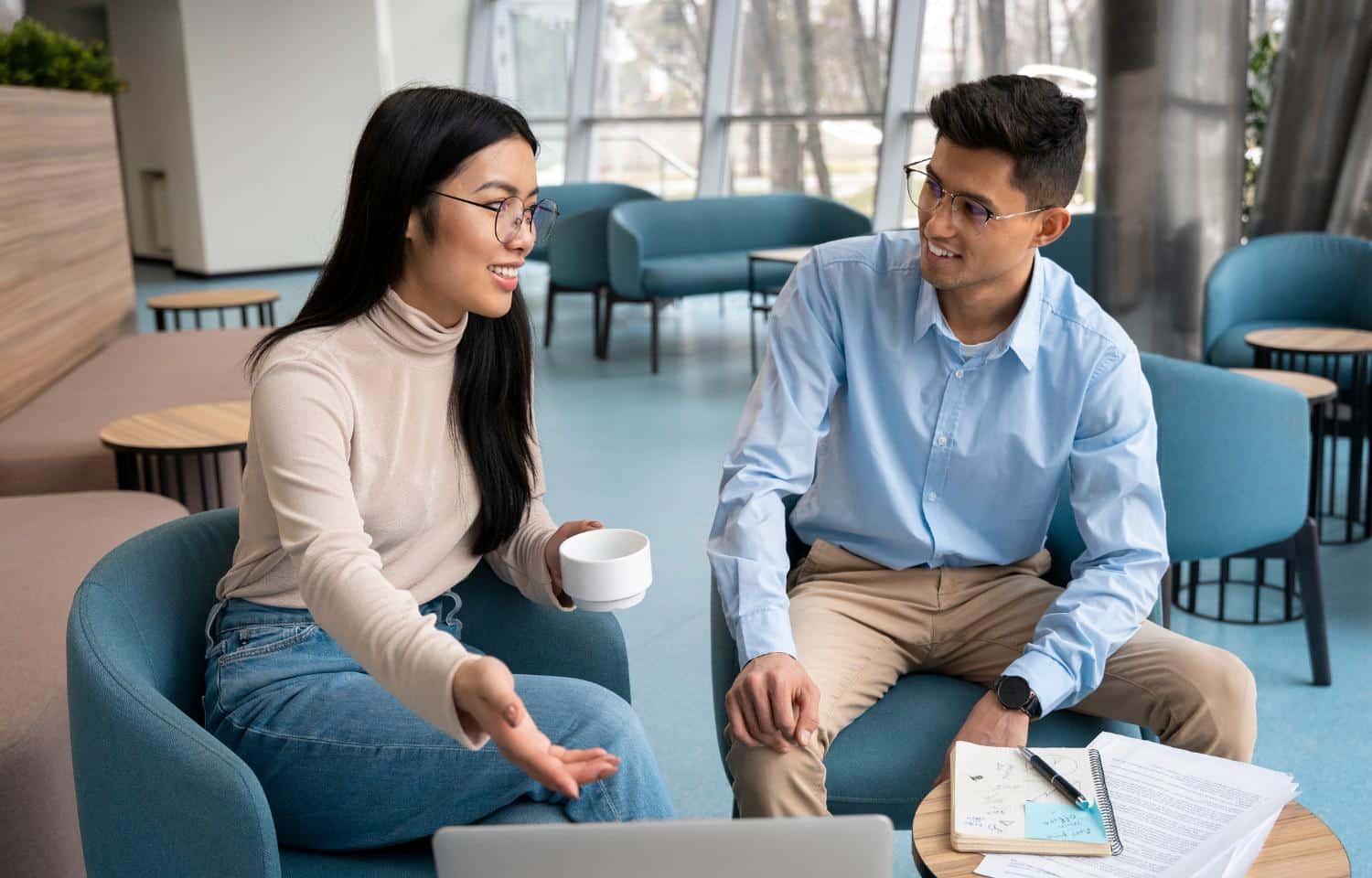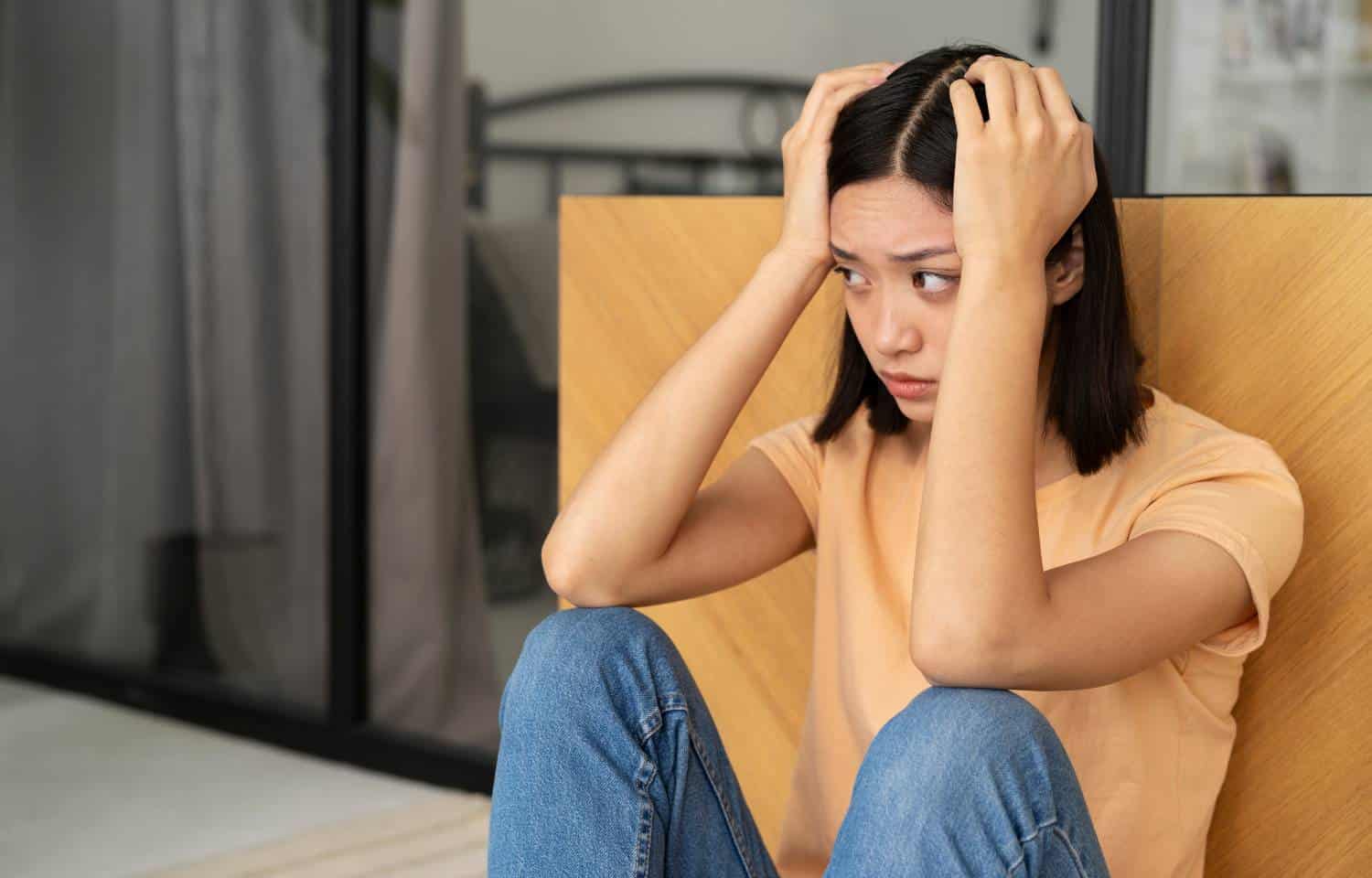Niamh Bowman shares her experience engaging in Positive Psychology for well-being in academic, and familial settings. She speaks about her takeaways from connecting with people to inspire and motivate one another, and where she applies her learnings.
Niamh Bowman
Teacher of Economics and Theory of Knowledge at UWCSEA, Secretary of the Singapore Chapter of the Positive Education Schools Association (PESA)
Masters of Applied Positive Psychology, Anglia Ruskin University
Post Graduate Diploma in Positive Organizational Psychology and Leadership, 2018
Q: How has Positive Psychology influenced how you viewed the world?
As an international educator, I was noticing more and more that my students were increasingly stressed, as were the teachers I worked with including myself. I was a Head of Grade at the time and I was constantly dealing with more incidents of stress, anxiety, self-harm, risky behaviors, and defaulting deadlines. I was becoming disillusioned with the pressures and began to look for ways to cope with my own stresses and ways to support my students. That is when I discovered the Positive Schools Conference in Singapore and my interest and passion in Positive Psychology and Education was ignited.
I started to devour all the literature I could find and began to network with like-minded teachers in Singapore. This was when I discovered the Positive International Education Network in Singapore (lead by TSPP’s Tara Schofield) and together we began to share strategies and literature to improve our schools in Singapore. I then started the MAPP program and at the same time became a Head of Grade for Positive Education.
I then had the opportunity to train with the Institute of Positive Education, Geelong Grammar and this allowed me to lead the training of other teachers I worked with. Well-being became the focus of everything I did professionally and personally. I adopted the Geelong mantra of Learn it, Live, it, Teach it, Embed it.
My relationship with my students has improved hugely and I feel re-inspired in the field of education as I can see that I can make a meaningful difference.
Q: How has Positive Psychology changed the way you work?
Massively. I used to be a Traditionalist in my teaching. Striving for top grades at all costs (that is due to coming from the UK system and being in a highly competitive international school culture). I am now much more in the progressive camp and focus more on the wellbeing of my students first and foremost. I wouldn’t say I am fully progressive as I still have respect for encouraging my students to strive for the best grades they can, but I also take time out of my Economics lessons to spend time discussing their well-being and teaching them strategies to cope with stress.
It’s not uncommon to enter my room to find us meditating before we start a task or maybe even dancing or playing a quick game (tapping into play and humor) to build connection, belonging, and a safe learning environment. I find that by looking after wellbeing first, academics will come in time.
Q: How has Positive Psychology changed the way you interact with the people around you?
We use a lot of the strategies within my own family. If I find that we are getting a bit grumpy with each other (like during the first lockdown) I may make us do a strength spotting exercise as a family where we each take a hot seat and have the others tell us what they think our strengths are and then build a strength wall. Most nights, as we share a meal, we go around stating 3 things we are grateful for.
We meditate, set daily intentions, get out in nature, play, try our best with active constructive responding and listening. Of course, not every day is full of butterflies and sunshine in my house, but what’s important is we know we have the necessary tools to shift the mood should we need to.
Q: What is your biggest takeaway from the school?
Connection with like-minded, passionate people was my biggest takeaway. Yes, the education and learning are top quality, but the people I have met through the school and what I have learned from them has been both inspiring and motivating.
It’s comforting to know that in a world where compassion and respect seem to be a low priority, there are people who are passionate about changing the narrative and for me personally, striving to inspire a generation of young people to be and do better. Being alumni of the school means that connection is never-ending. It has been 3 years since I graduated and I am still in the network and constantly inspired by other alumni.
Q: What best describes your Positive Psychology journey?
People may feel like they are just a small voice in an ocean of opposition. Who has time for all that wellbeing stuff? Right? There are exams to be taken, deadlines to be met, tasks that just need doing, but my advice is to keep chipping away. I was literally the only teacher at a previous school who knew anything about Positive Psychology and I knew the Principal at the time wasn’t convinced. But I didn’t let that stop me.
I waited for the right moment, pitched for TSPP to come and run a workshop for our year 10 students to help them deal with exam stress. Following on from that workshop, I managed to convince the Principal, to allow TSPP to train all staff and that is when Tara Schofield and Ruth Harris came and ran a course in PERMA for all teachers, and from there it just rippled and spiraled until wellbeing and positive education became part of the narrative and focus.
Since then, I have worked in two other International Schools in Singapore and I still reach out to TSPP when I think they can run courses for the community.
Q: Do you have any advice for people unsure if pursuing further education is worth it?
It may seem daunting and a big commitment financially and time-wise. I really thought I would be biting off more than I could handle. But I found that clearing a few hours on Saturday morning while my husband took my kids to sports meant that I could easily fit in what I needed to do.
I also found that delving into the world of Positive Psychology every Saturday morning and learning new strategies to apply the following week made me feel good. I began to look forward to the readings and my own well being was being looked after – I was definitely in a state of flow during those Saturday mornings.
I am toying with the idea of a Ph.D. and have looked into how to go about it in Singapore. That’s how much studying with TSPP has actually inspired me to want to study further. Don’t overthink it. You will always find the time and the work will always be submitted!
Find out more about Positive Psychology and Positive Organisational Psychology and Leadership, and start your journey!


